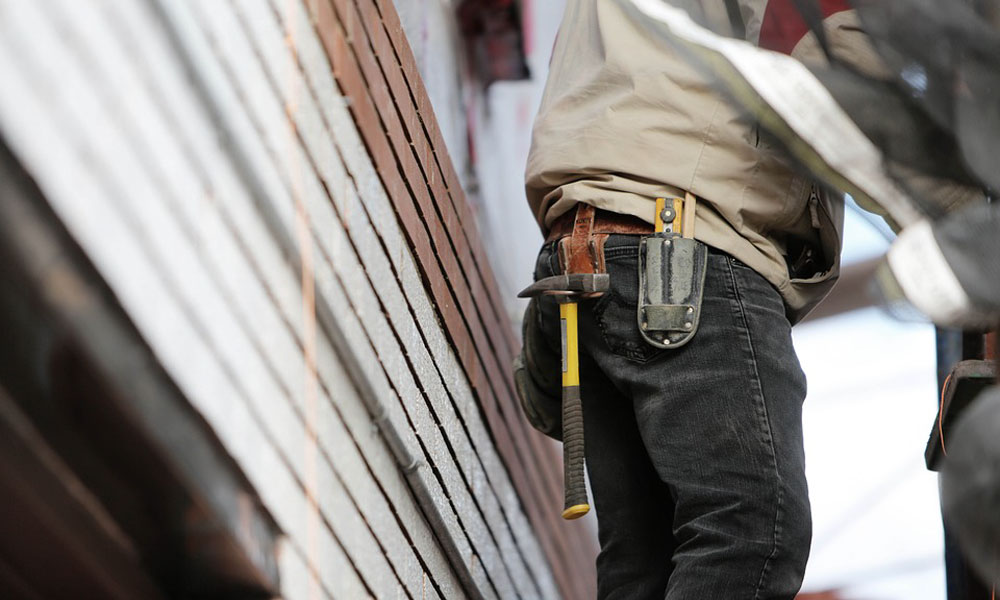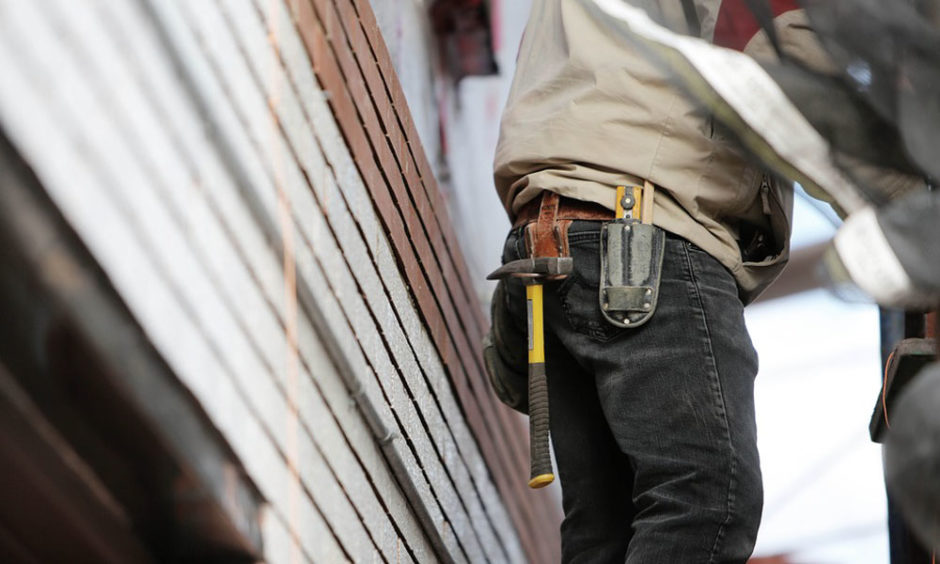LAS VEGAS, NV – While news of the famed Oakland Raiders National Football League (NFL) team transplanting themselves to Southern Nevada in a newly constructed stadium by 2020, having one major sporting team taking up shop in Las Vegas isn’t enough for local officials and businessmen it seems. Indeed, announcements have recently come to light regarding efforts to lure other professional sports teams to Vegas from leagues such as the National Basketball Association (NBA), and to that end, plans have been unveiled to give potential basketball teams looking to uproot an appealing place to hang their sneakers.
The All Net Arena project – which has run into multiple issues in the past and had lain dormant for quite some time – has finally managed to cut through the red tape and is starting to get traction in its bid for reality, according to reports. Once completed, the All Net Arena – a privately-financed venture which will be located at the northern end of the Las Vegas Strip, the site of an abandoned Wet ‘n Wild water-park – is slated to serve as a basketball, hotel and retail complex, with the goal being to attract an NBA professional basketball team to the area.
Designed by the Cuningham Group, All Net Arena was planned to open in 2017, but has been delayed until 2018 or 2019. This isn’t the first time a group has attempted to develop the former Wet ‘n Wild property into a sporting arena; previous plans for the site included the construction of a venue to be known as the Silver State Arena, but plans were withdrawn after Clark County rejected a proposal to fund 15 percent of the venue with public money and nearby residents opposed construction.
Ground had already been broken on the All Net Arena project in 2014, but financing problems caused a subsequent delay; after resolution of those issues, demolition of the existing structures on the property began in 2016, and now that work on that aspect of development has been completed, developers have high hopes to have the complex completed before 2020, after which they will attempt to court an NBA franchise to relocate to the Las Vegas area.
Plans for the project – spearheaded by Jackie Robinson, a former UNLV and NBA basketball player – are scheduled to go before Clark County Commissioners on October 18 2017; once that hurdle has been cleared, further details on the anticipated $1.4 billion development are expected to be made public. What is currently known is that the complex will include a proposed 728-foot tall hotel tower; a $670 million, 22,800-seat multi-purpose indoor arena with a retractable roof (which would enable the arena to host outdoor events such as tennis, rodeos, or indoor sports such as basketball and hockey); a high-end resort with a spa; and a restaurant, nightclub, wedding chapel and retail amenities. In addition, the four-level arena is to include 75 luxury boxes.
Need real estate information on the fast-evolving Las Vegas market? Thinking of relocating here? Maybe investing? Please feel free to give us a call at 702.376.7379 so we can answer any questions you may have.



